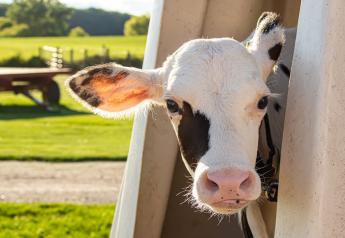Ask the Silage Dr: Organic use inoculants

Q. "I"m an organic producer and am interested in trying an inoculant on my forages. However, my certifier has warned me that some inoculants may not be suitable for my use. Is there anything I should be looking for in an inoculant to help me determine which I can use?"
A. As many organic producers have learned, the products accepted can vary by each certifying agency. Product information can be submitted to local (state) organic authorizers for review; however, there is also a national review body whose approval should expedite the local approval process.
Organic Materials Review Institute (OMRI)
OMRI is a non-profit U.S. organization that reviews substances for use in organic production. Substances that go through this process are reviewed first by OMRI staff and then submitted to an independent review panel of experts who evaluate a product"s compliance with the National Organic Program National List. Products that have passed this review are then included on the OMRI Brand Name Product List and given an OMRI certificate and allowed to use the OMRI seal on product packaging.
Some certifiers may ask for a copy of the OMRI certificate, which your supplier should be able to provide. An easy way to see if the product you are interested is OMRI listed is by searching their website by product name.
Additional Criteria
Some inoculants that are not OMRI listed may be accepted for organic use, depending on the certifier"s requirements. A couple of things to look for in this case are inoculants that are produced without GMOs and that are dye-free, as there are no dyes currently approved for use in organic agriculture. A complete list of ingredients can be found on the product label, or on a technical data sheet. Going this route may require more paperwork with your certifier.
These criteria should help you select inoculants allowed for use in organic production. As always, e-mail the Silage Dr. at silagedoctor@lallemand.com with any additional silage questions you may have.
Sincerely,
The Silage Dr.







